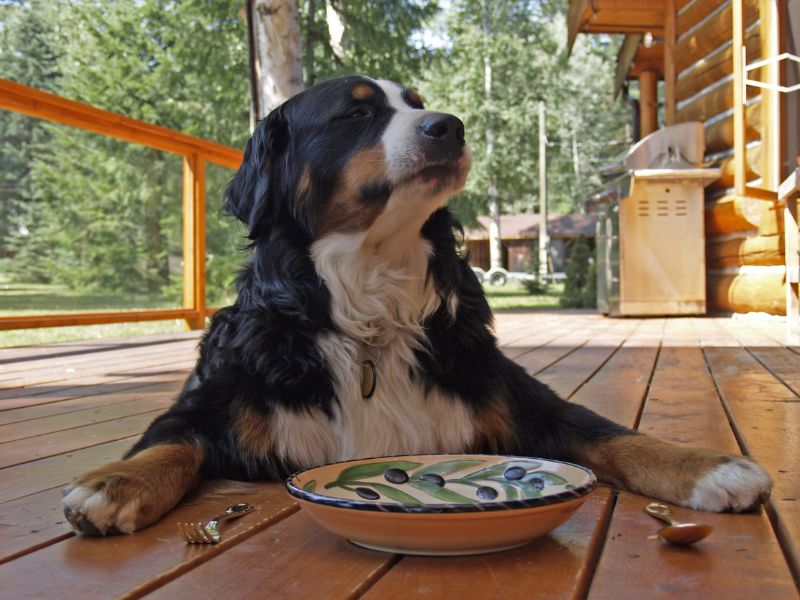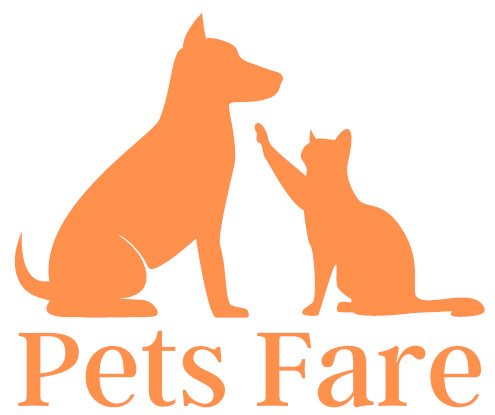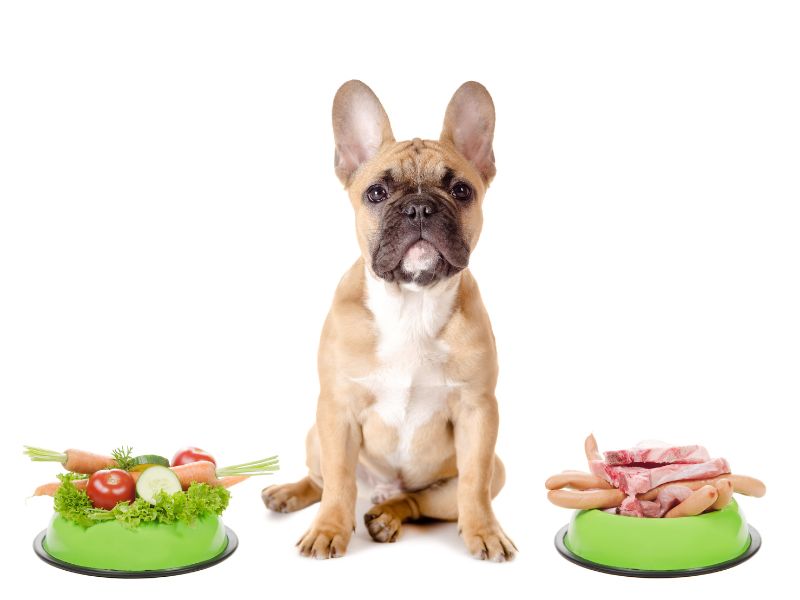There seems to be a great deal of strong opinion going on between dog owners about the subject of vegan dogs. Strong views are held on both sides of the debate about whether feeding a dog a vegan diet is a good or a bad idea. What do vets think?
Well, it seems, there is also a division among vets on the topic of vegan dogs. Some vets are of the opinion that a vegan diet can be a healthy choice, others state a vegan diet can be too restrictive and possibly lead to nutritional deficiencies.
Can Both Sides of the Vegan Dog Debate Be Right?
Both sides of the dog vegan diet debate often cite health benefits as the primary reason. Can both sides be right? A dog on a vegan diet is eating foods typically low in saturated fats, rich in fibre, and high in antioxidants. A diet such as this can help reduce the risk of obesity and other health problems. Moreover, vegan diets for dogs are often a more sustainable choice, especially true in areas where resources are limited, such as in some developing countries of the world.
Counter to this, those who oppose vegan diets for dogs will cite the lack of essential nutrients as a reason. Certain nutrients, such as, some amino acids, fatty acids, and some vitamins, essential for dogs, may not be available in a vegan diet. Lacking some of these nutrients may lead a dog to suffer from a weakened immune system, and possible malnutrition. Furthermore, a vegan diet for a dog will require careful planning, and perhaps the addition of supplements, to ensure the dog receives all the nutrients it needs to stay happy and healthy.
“Most dogs can do quite well on a carefully designed vegan diet that meets all of their nutritional needs. As a veterinary nutritionist, I use meat-free diets quite a bit to help manage various health concerns.” Dr. Cailin Heinze, VMD, MS, DACVN (source)
“Dogs are omnivores, which means that they eat both meat and plant products. While it is theoretically possible, the British Veterinary Association does not recommend giving a dog a vegetarian or a vegan diet…” Dr. Justine Shotton, Senior Vice President at the British Veterinary Association (BVA) (source)
With vets divided, ultimately it is up to the dog owner to decide what type of diet to feed their pet. Whether they go the vegan route or not, it is still important to consult a vet to ensure their dog is receiving a proper nutritional diet.

See Also: How to Best Look After an Older Dog
And: How Do I Stop My Dog Jumping Up on People?
Do Dogs Need Meat?
If you do decide to switch your dog to a vegan diet, it should be planned in advance and introduced slowly over time, gradually increasing the amount of vegan foods while lowering the meat intake. Your dog’s body will take time to adjust to this new diet, so to avoid the risk of digestive upset, take daily baby-steps over a period of time for the transition.
The debate of whether dogs need meat or not has been going on for years. Dogs are naturally omnivores; therefore, they eat both plants and meat, and they glean nutrition from both that restricting their diet to one or the other may lead to a deficit of some essential nutrients.
It is important that a strictly vegan diet provides the dog with all the nutrients it needs, including proteins, carbohydrates, vitamins, and minerals, to stay healthy. If the vegan diet is lacking, the addition of supplements, such as B12, can ensure your dog receives all the essential nutrients it needs.
The Vegan Dog Debate is Ongoing
While vets are undecided and the debate is ongoing, there does seem a consensus that a vegan diet for a dog can be a realistic goal. The onus then, is on the dog owner to do the research and come up with a vegan diet that ensures their dog will receive all the nutrition it needs to stay fit and healthy. A dog owner will have to realise, that organizing and putting into place a vegan diet, tailored to their dog, will probably entail devoting more time for the sourcing and preparation of daily vegan meals. In consultation with a veterinary, or dog nutritionist, they should seek reassurance that whatever diet they propose will safeguard the health of their dog, and if found lacking in any area, learn what supplements should be added to ensure the diet is well-balanced so the dog will stay happy and healthy.
One Final Thought
The one important being in the vegan debate is the one whose opinion was never asked. Your dog may or may not have a view one way or the other. The fact is, a dog will usually be happy to have a meal in front of them when hungry, and a full stomach afterwards. Still, don’t be surprised, if vegan dog or not, and offered a meaty treat, inadvertently, by another dog owner while out walkies, your dog accepts the treat with vim!

